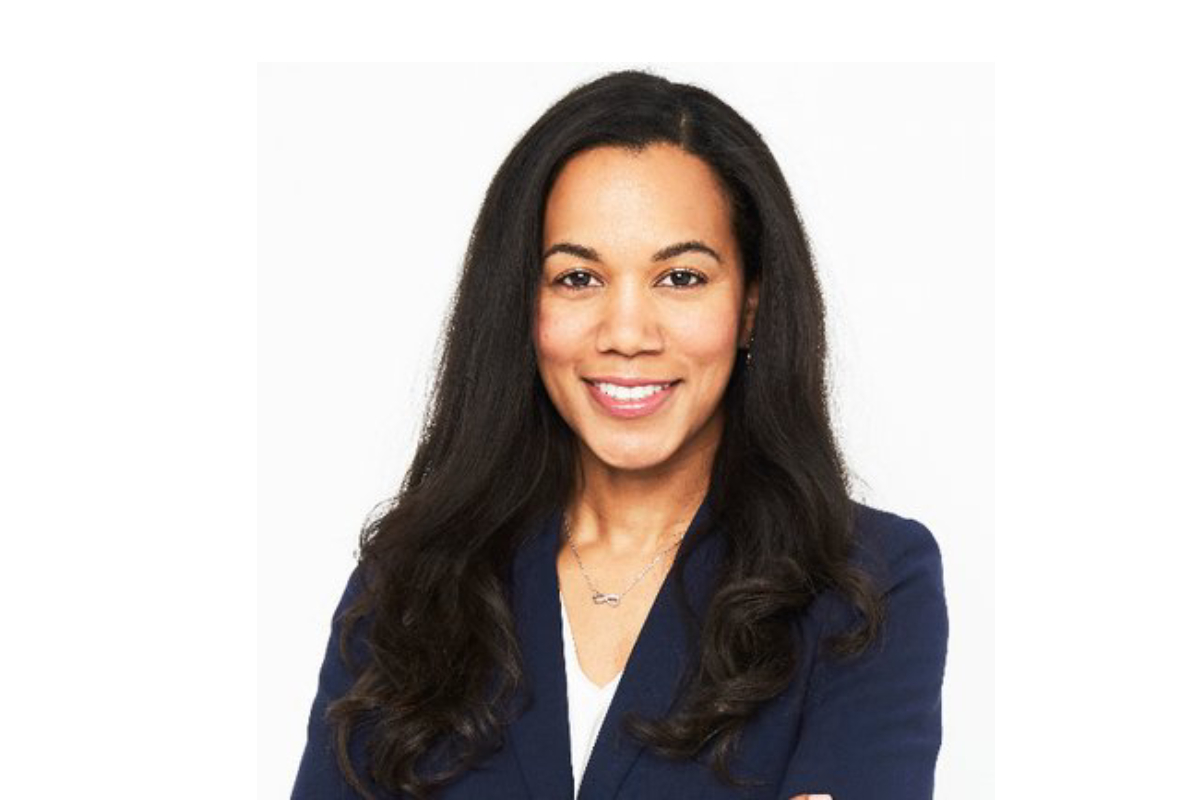There are many areas of life today where having someone to aspire to or seek advice from is both necessary and important. Particularly in business, a mentor can be a key contributor to success. Having big names like Bill Gates, Steve Jobs, and Mark Zuckerberg to look up to can help inspire up-and-comers, but actually knowing someone who can serve as a mentor is a much different story.
Mentorship involves relying on a person who has already enjoyed a trajectory in business, or in life, similar to what you’re striving to achieve.
The person also likely has qualities or skills you admire and are seeking to develop yourself. A mentor might be a parent or another family member, but it’s more likely someone who can act as an objective resource to you, as well as offer advice and support.
Since a family member might extend too much tough love, a mentor can help guide you while simultaneously being more constructive.
How to Find the Right Mentor
Networking at events intended for professionals, particularly in your industry, is an effective way to meet people, but setting out specifically to find a mentor will be challenging. Instead, simply attend with some friends or colleagues, maintain an easygoing attitude, and see if anyone you meet seems like they would make a good mentor for you. This way, you can allow the relationship to happen organically rather than trying to decide on someone before you’ve had a chance to meet them.
LinkedIn and other professional online platforms present another opportunity to find someone who can help you develop and grow as a successful businessperson. Since users identify themselves by their professions on sites like LinkedIn, you can proactively seek them out. Try sending a connection request or a message to them, but avoid seeming overeager, especially if you don’t hear back right away.
It may also be helpful to note that, according to career advice website The Muse, your mentor doesn’t necessarily need to work in the same field. Keep your options – and your mind –open and it may be easier to find someone whose career strategies and trajectory you admire, even if the work you aspire to do is different from theirs. Many business principles can be applied across a range of sectors, and much of the insight that a good mentor offers won’t be specific to a particular industry or field.
Thinking outside the box, some mentors fulfill that role without even having formally agreed to work with their protégé. Business coach Michael Hyatt suggests people should take greater advantage of the many resources available today that can simulate mentorships. Podcasts, books, and online courses are helpful (albeit less direct) ways people worth emulating. You can also attend conferences or find a reputable life coach to offer some direction for your professional life.
Why You Should Find a Mentor
Not everyone feels like they need a guiding force in their life. Some people may not even contemplate adopting a mentor or consider that having someone like that might be the very thing they’re missing. However, many individuals find themselves simply going through the motions when it comes to their careers, feeling uninspired, unmotivated, and directionless. Is” good enough” really the goal?
Mentors can push you to expand beyond your comfort zone, motivate you with their own accomplishments and ideas, and provide wisdom on subjects that can help you advance professionally. But this classic role and the vital relationship between mentor and protégé is often overlooked these days. As a Forbes magazine contributor suggested, younger generations might be either too proud to look at finding their own mentor and developing that relationship, or simply unaware of that possibility. But the mentor-protégé relationship has remained timeless for a reason: Its effectiveness.
To advance in your career, you need the benefit of experience, the staff that vocational dreams – and job postings – are made of. But how do you gain experience without the opportunity to gain experience? In most cases, this occurs after putting in the hours and “paying dues” over a lengthy period of time. However, you can also arguably cheat a little with the benefit of someone else’s experience. Having an individual to learn from, whether you know them personally or get to know them through a book they’ve written or a podcast they host, can ultimately accelerate both your expertise and your opportunities.
Robyn Karmazyn | Contributing Writer




















